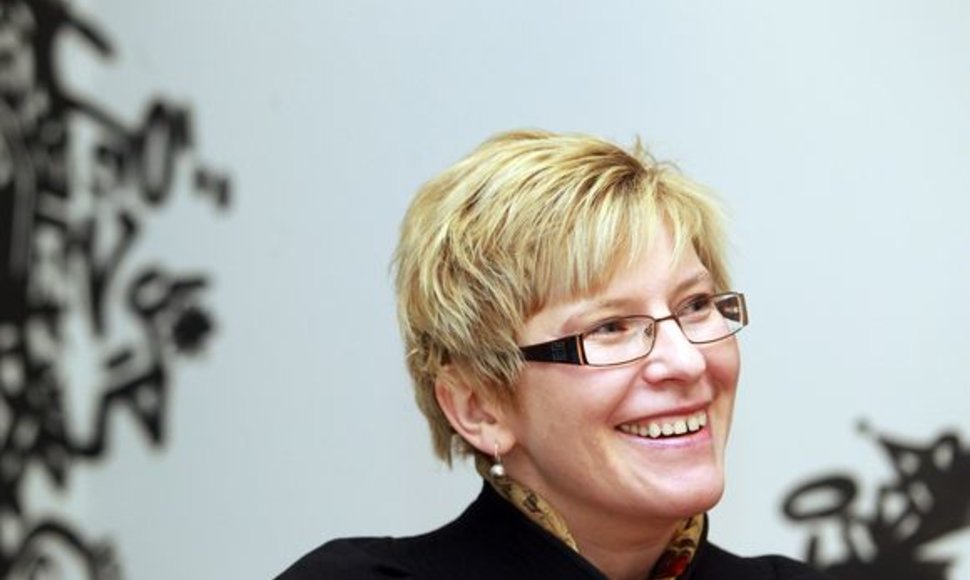"Recent press coverage on comments by Finance Minister Ingrida Šimonytė that the interruption of EU cohesion policy payments by the European Commission to Lithuania is politically motivated and tactical are both misleading and incorrect," the EC said in a press release.
According to the communiqué, the commission's decision that payments should be interrupted for certain Lithuanian programs as they have presented an error rate of 4.4 percent, which is higher than the “acceptable” rate of 2 percent, was in keeping with its high standards of financial auditing and control.
The EC said that, while the Lithuanian audit authority reported an error rate below this (1.93 percent), the commission is not satisfied as certain existing potential irregularities - which have not yet undergone full clarification or remedial action for reassurance, have not been included in their calculations.
"The commission holds the view that any potential irregularity should remain under consideration until such time as full reassurance is attained, and therefore considers the error rate of 4.4 percent is a more accurate reflection of the state of play of programmes in Lithuania," reads the communiqué.
The commission said it had requested and received information relating to remedial action from Lithuania, (most recently on 12 April) and this is currently being analyzed.
“A response will follow in due time," it noted.
The EU's executive arm also emphasized it had no regional policy payment problems and all payments that should have been made in 2012 had already been paid to member-states.
Speaking in a broadcast Teisė Žinoti (Right to Know) on Lithuania's national television on Wednesday evening, the minister said the European Commission had applied procedures that are “not fully” defined, thus trying to resolve its payment problems and defer payments to Lithuania for some time.
“Some reasons behind the situation are probably of political nature. The European Commission has used a possibility, which has not been fully defined in procedural terms, to ask for more information. I have my own explanation why, among other things, this could happen, as I have recently received a letter from three EU Commissioners, in which all EU Member States, including Lithuania – and I think that in our case it is the least founded – are asked to be more consistent in submitting declarations to the European Commission when asking for refunds,” Šimonytė said.
“To put it simply, some 40 percent of the total annual budget piled up at the end of last year as the member states asked for refunds. I think it is absolutely natural that the Commission in took various procedural measures for dealing with one or another member state and it should definitely not be associated with some unique situation of Lithuania,” the minister added.
The minister noted that EU Commissioner Janusz Lewandowski had publicly admitted that the demand in funds was poorly planned and the EU now had to compensate the shortfall of support to the Member States from this year’s budget.
Considering the regulations governing the suspension of EU support, the error rate in Lithuania was well below the level set forth in the regulations (2 percent), Šimonytė said.
The error rate established in a report from the National Audit Office of Lithuania made up 1.93 percent of the total support initially. Later, the rate went even further down, the minister said.
In February, the Commission temporarily suspended payments from the European Regional Development Fund and the Cohesion Funds to Lithuania due to irregularities in the country’s use of the EU money. Irregularities concerned the use of approximately 26 million litas (EUR 7.5 m) out of 2.8 billion litas support allocated in 2010. As a result, the payment of 163 million euros, which Lithuania applied for last December, has not been made.
Šimonytė noted that Lithuania had already provided all explanations to the Commission and a decision on the resumption of support should be taken in about a fortnight.














